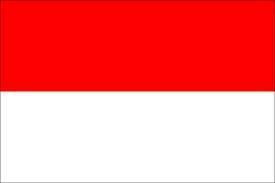
The Indonesian government claims it is brokering Mutual Recognition Agreements (MRA) to assist local producers access foreign markets.
Countries that share an MRA with Indonesia will be able to sidestep some of the phytosanitary regulations recently announced by the country’s government and its agriculture minister Suswono has said he expects signatory countries to extend similar concessions.
“Under the deal, we will demand that Indonesian `products` be allowed to enter partner countries more easily and we will benefit from this arrangement,” he told the Jakarta Post.
So far Indonesia has agreements with the US, Canada and Australian. One with New Zealand is being finalised.
To gain an MRA, signatory countries must prove to Indonesian authorities they have sufficient phytosanitary controls to comply with import regulations.
An agreement provides an exemption from full-check procedures, such as scrutiny per consignment and sampling for laboratory checks, on imported horticultural products, the Jakarta Post reported.
Whether Indonesian growers and exporters will see significant benefits from the MRA system is contested.
National Horticulture Council secretary-general Karen Tambayong argued local businesses would see few benefits as Indonesia’s fruit and vegetable export volumes were small and produce was often of poor quality.
“It will be more beneficial for our partners, because they can access our huge domestic market. Local production is still low and, therefore, we cannot fulfill the required quotas of overseas buyers in addition to quality standards,” she told the newspaper.
A lack of government support for the industry was partly responsible to poor production in the country, she added.



